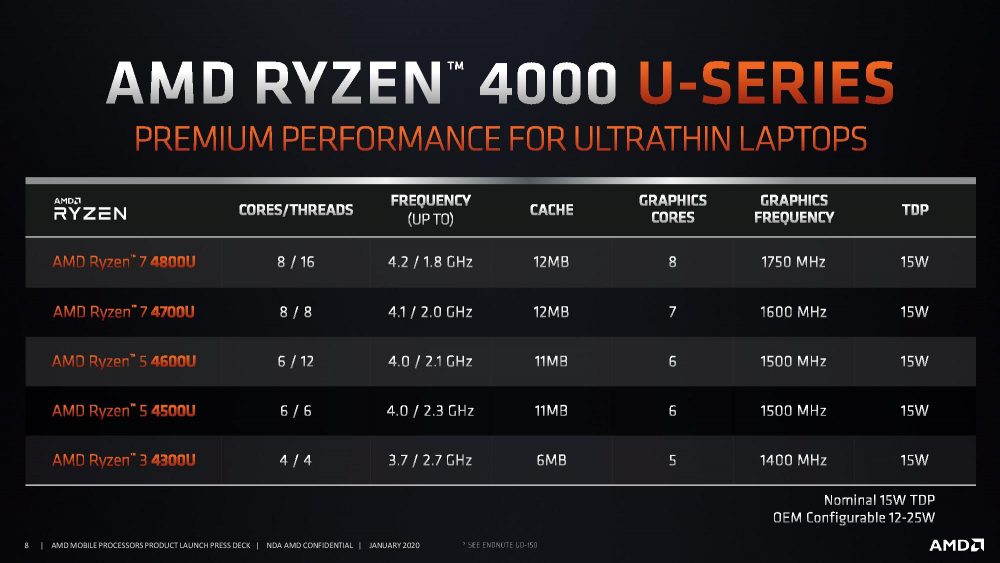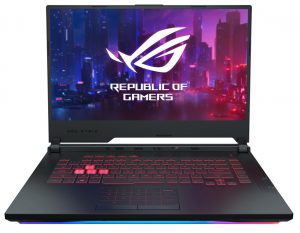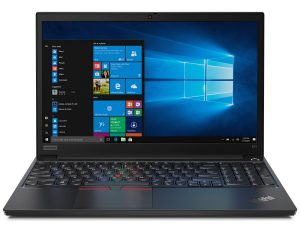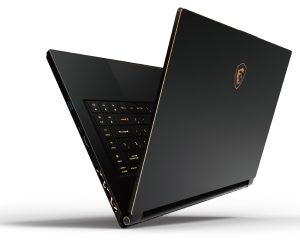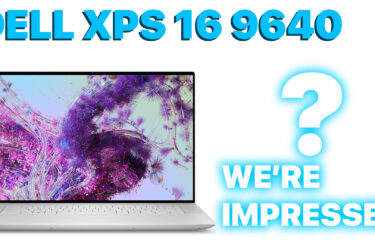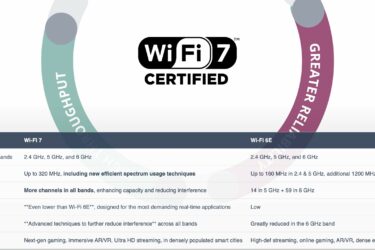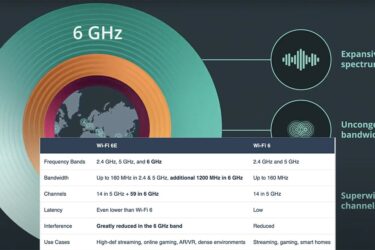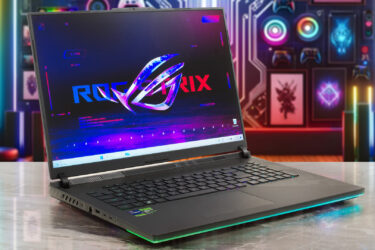AMD Ryzen 7 4800U vs Intel Core i9-9880H – Zen 2 is closer than you think with just 15W TDP
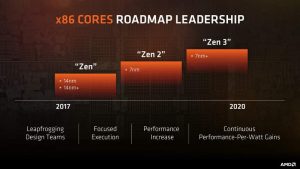 The AMD Ryzen 7 4800U seems like a really capable (future) ULV Zen 2 processor. It’s much faster than i7-1065G7 and i7-10710U (both Intel CPUs have 15W TDPs). The Ryzen 7 4800H already defeated i9-9880H but we are curious to see what an 8-core ULV processor like 4800U with a 15W TDP can offer against the least powerful Coffee Lake i9 CPU – the Core i9-9880H. The latter has much higher TDP – 45W and that will be an advantage in this comparison.
The AMD Ryzen 7 4800U seems like a really capable (future) ULV Zen 2 processor. It’s much faster than i7-1065G7 and i7-10710U (both Intel CPUs have 15W TDPs). The Ryzen 7 4800H already defeated i9-9880H but we are curious to see what an 8-core ULV processor like 4800U with a 15W TDP can offer against the least powerful Coffee Lake i9 CPU – the Core i9-9880H. The latter has much higher TDP – 45W and that will be an advantage in this comparison.
The idea is to see how far AMD has advanced with the Zen 2 architecture. The 4800U has a higher IPC, higher frequencies, bigger cache, a lot faster iGPU than its predecessors (like 3700U). Of course, most of the time this CPU will be “trampled” by its own strict TDP limits. That why we want to see it versus a strong Coffee Lake CPU with the same core count and 45W TDP – maybe the more advanced 7nm Zen 2 CPU can show good performance when compared with a refreshed 14nm++ Intel CPU? Who knows, let’s continue and we will reveal the truth a bit further in our article.
Of course, as soon as we get our hands on the new Ryzen CPUs, we’ll update this article with results from our own lab.
Quick Specs
The 4800U seems like a good opponent of Core i9-9880H because it has the same core and thread count as the Intel chip. The latter looks like a dominant product – it has higher base and boost clocks (1.80 GHz – 4.20 GHz to 2.30 GHz – 4.80 GHz) and it has double the cache size than 4800U – 16MB. The Zen 2 processor shines with a much higher memory supported frequencies up to LPDDR4X-4266MHz while i9-9880H is so shy with its DDR4-2666, LPDDR3-2133 specs. As we already know, the upcoming refreshed (again) 14nm+++ Coffee Lake CPUs have DDR4-3200 memory support so maybe the new Coffee Lake chips will take advantage because of the support of higher clocked memory sticks?
More detailed specs here – AMD Ryzen 7 4800U / Intel Core i9-9880H
Specs table:
| AMD Ryzen 7 4800U | Intel Core i9-9880H | |
|---|---|---|
| Cores / Threads | 8 / 16 | 8 / 16 |
| Base / Max frequency | 1.80 – 4.20 GHz | 2.30 – 4.80 GHz |
| Cache | 8 MB L3 Cache | 16 MB L3 Cache |
| TDP / up / down | 15W / 25W / 10W | 45W / – / 35W |
| Memory support | DDR4-3200MHz; LPDDR4-4266MHz | DDR4-2666, LPDDR3-2133 |
CPU Benchmarks
Surprisingly, the 4800U isn’t that far behind the Intel monster – a 17% performance gap isn’t that much considering the fact we are comparing 15W TDP and 45W TDP processors.
Resultaten zijn van de Cinebench 20 CPU test (hoe hoger de score, hoe beter)
GPU Benchmarks
As always, the unreleased RX Vega 8 shows its brutal power – the UHD 630 is so much slower.
| AMD RX Vega 8 | Intel UHD 630 | |
|---|---|---|
| 3DMark Firestrike | 6110 (+408%) | 1203 |
Verdict
What a pleasant surprise, the 4800U shows muscles even when it’s compared to an 8-core i9-9880H. The latter can be found in big and heavy notebooks with impressive cooling solutions. Perhaps, the 4800U will “fit” in much slimmer and compact machines because it’s a 7nm processor with just a 15W TDP. For sure it’ll dissipate much less heat than i9-9880H because of the lowered power consumption. Don’t forget the excellent iGPU – the new RX Vega 8 will “retire” a lot of current-gen low-end dedicated graphics because of its much faster CUs. The future looks so bright for AMD right now.
Undoubtedly, the i9-9880H is a fast processor, and yes, faster than 4800U but not that much. It still has a lot to offer because it has so many cores and threads, big cache size, and a “generous” 45W TDP. But the fact that a ULV CPU is so close to its performance means that AMD has done a good job and Intel has to react fast. The upcoming 14+++ Intel processors bring higher clocks, higher memory frequencies, and a bit refined tech process – for sure there is a performance bump but it looks like it’ll be not enough against Zen 2.
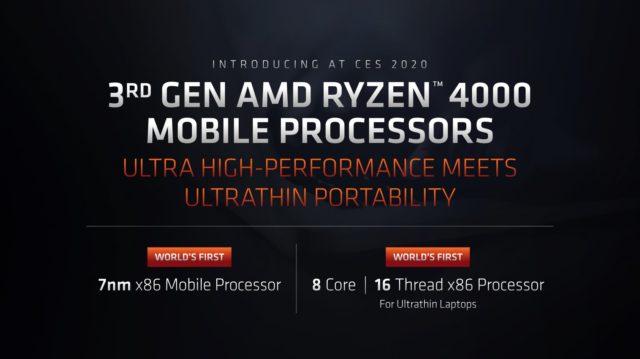
Of course, as soon as we get our hands on the new Ryzen CPUs, we’ll update this article with results from our own lab.
